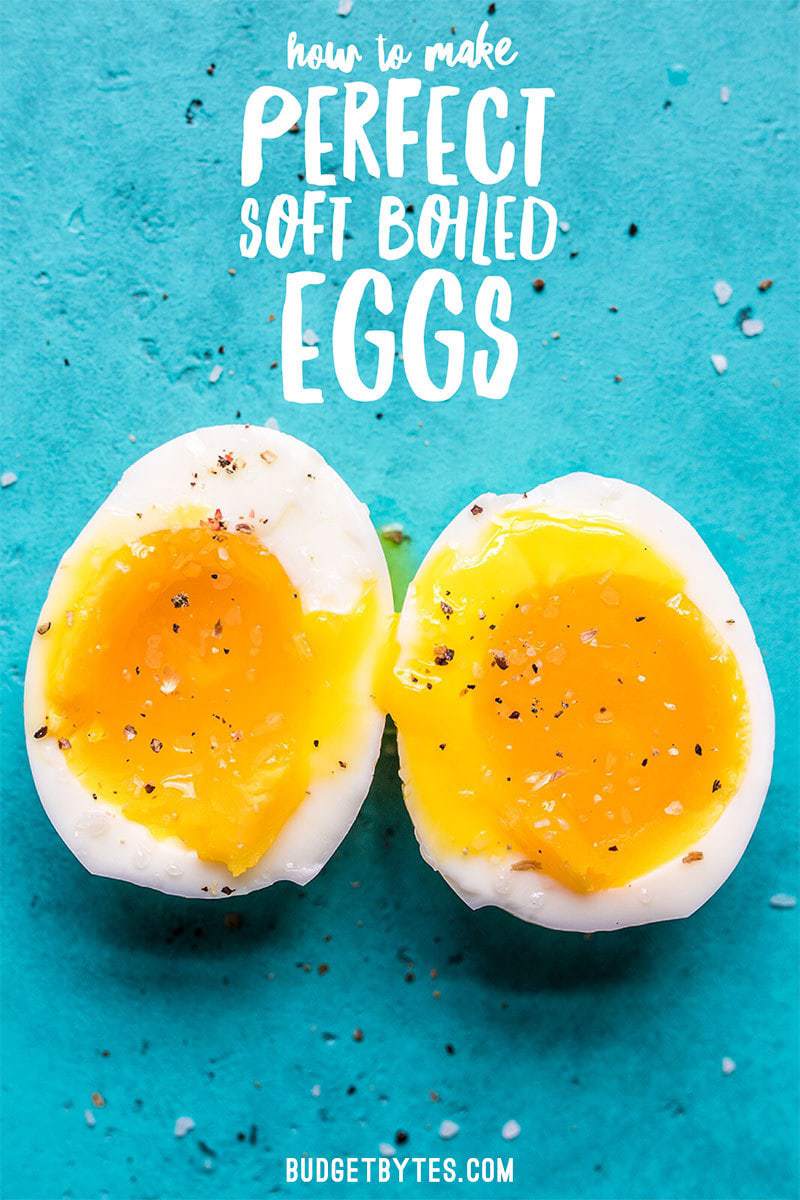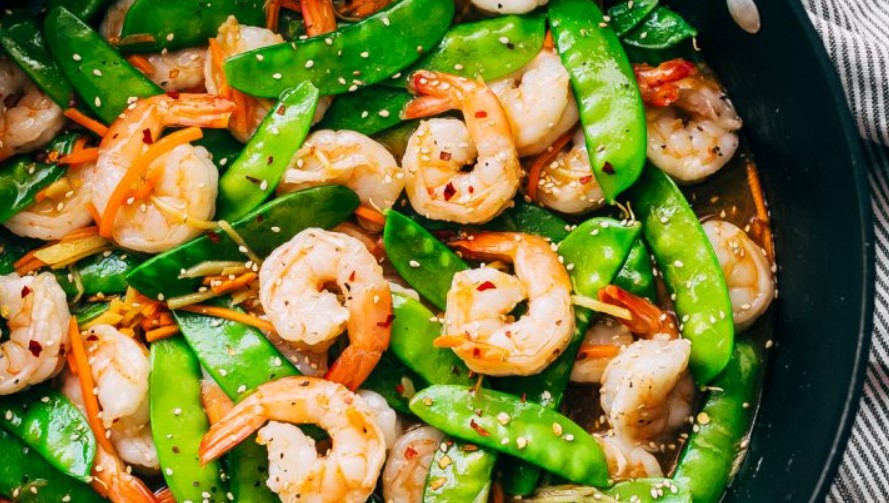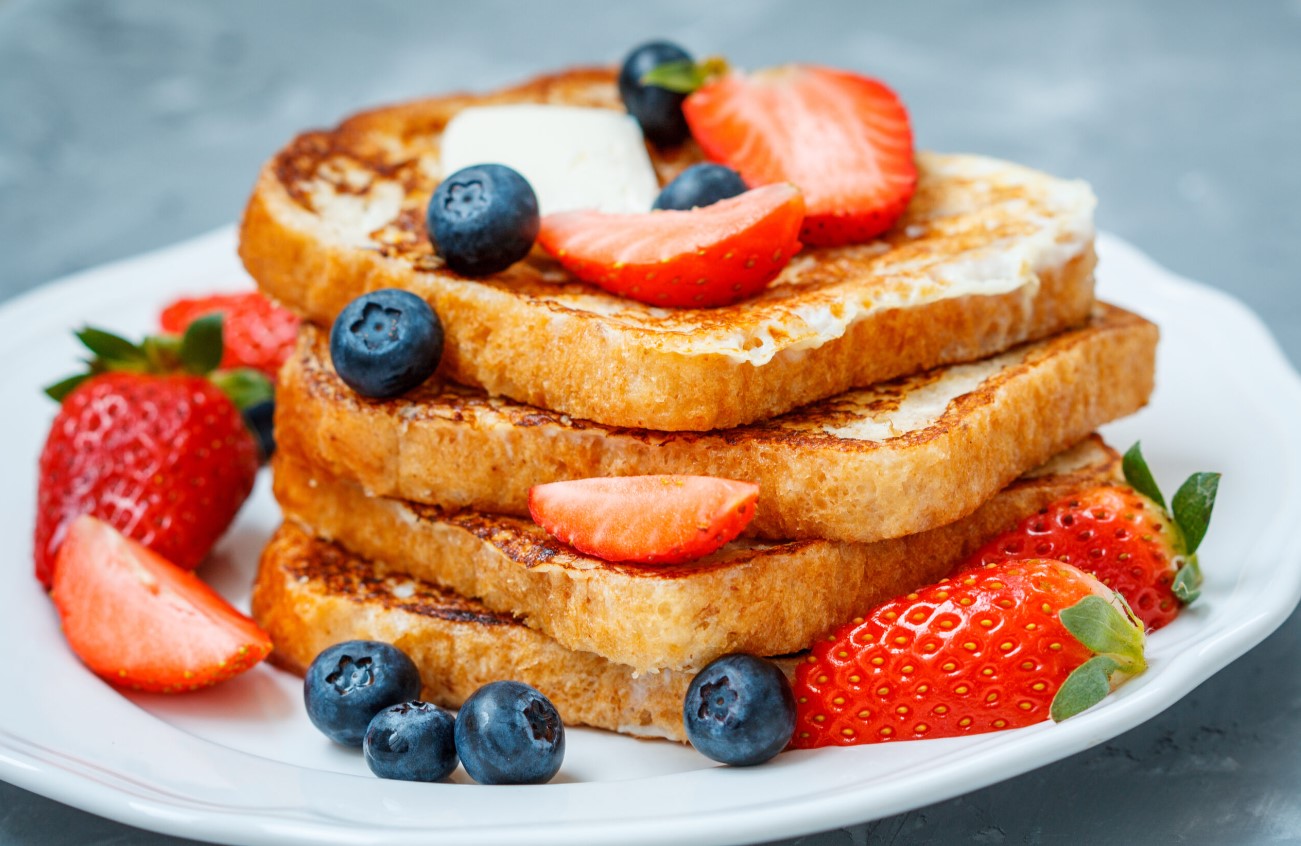Soft-boiled eggs have become my latest obsession. The whites possess a satisfying firmness, while the yolks remain smooth, creamy, and in a delightful liquid gold state. They possess a unique texture, reminiscent of a delectable blend of melted cheese and butter. Truly divine, these eggs have transcended the boundaries of breakfast fare. I relish them alongside toast, as a complementary addition to bowl meals, as a delectable topper for salads or soups (especially ramen!), or simply as a quick and satisfying snack. Regardless of the time of day, I find myself incorporating soft-boiled eggs into every meal. Are you eager to witness just how effortlessly they can be prepared?
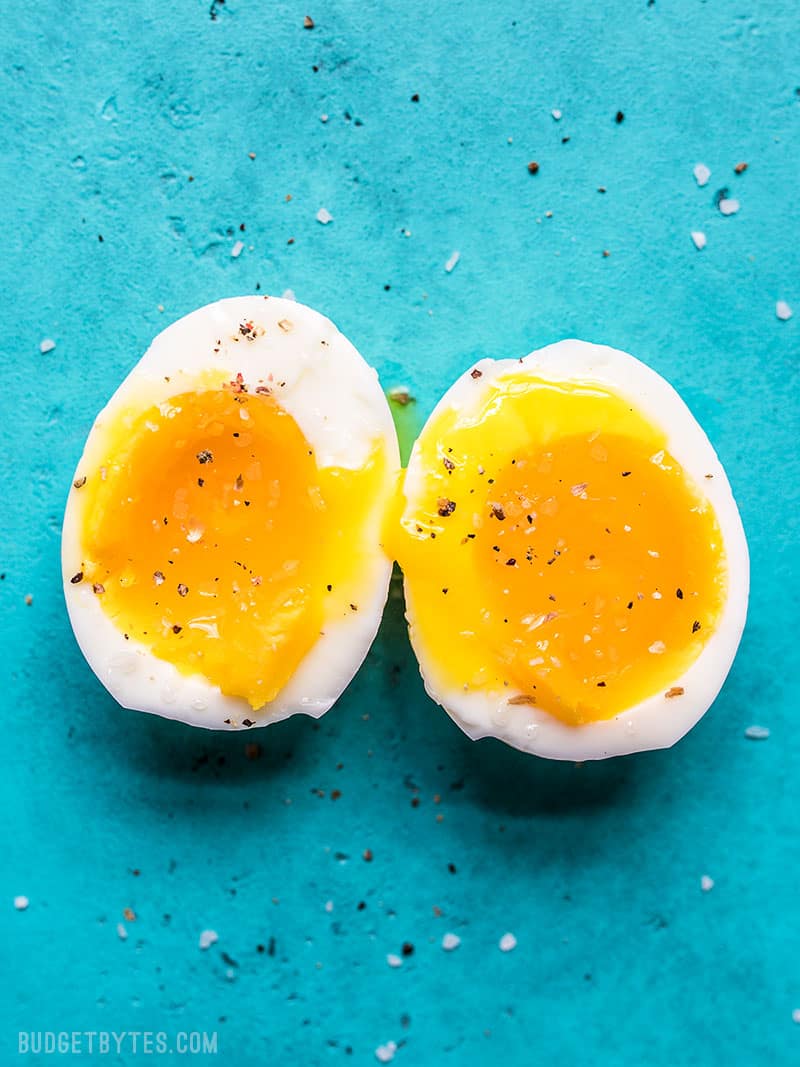
Why we Love Soft Boiled Eggs
Soft-boiled eggs have become my latest obsession. The egg whites have a firm texture, while the yolk remains smooth, creamy, and in a delightful liquid gold state. It’s like a heavenly blend of butter and melted cheese. These eggs are not limited to breakfast alone! I relish them alongside toast, as a complement to bowl meals, as a delightful addition to salads or soup (especially ramen!), or simply as a convenient snack. I practically incorporate soft-boiled eggs into every meal, regardless of the time of day. Are you prepared to witness just how effortless it is to prepare them?
How Long Does it Take TO Soft Boil an Egg?
To put it briefly, it takes approximately six minutes to achieve a soft-boiled egg with fully cooked whites and a runny yolk, or 3-5 minutes for a softer texture with slightly unset whites near the yolk. However, it’s important to consider that the cooking time for soft-boiled eggs may vary based on the egg’s size and the boiling technique employed.
The following recipe is designed for large eggs that are still cold from the refrigerator. In the United States, large eggs typically weigh around 56-62 grams. If you have eggs of a different size, please note that you will need to modify the cooking time accordingly. Other factors that may influence the cooking time include high elevation, the type of cookware utilized, whether the egg is added to cold or hot water, and the initial temperature of the egg. Initially, try cooking the large eggs for six minutes and then adjust the time as necessary to achieve your desired level of doneness for a soft-boiled egg.
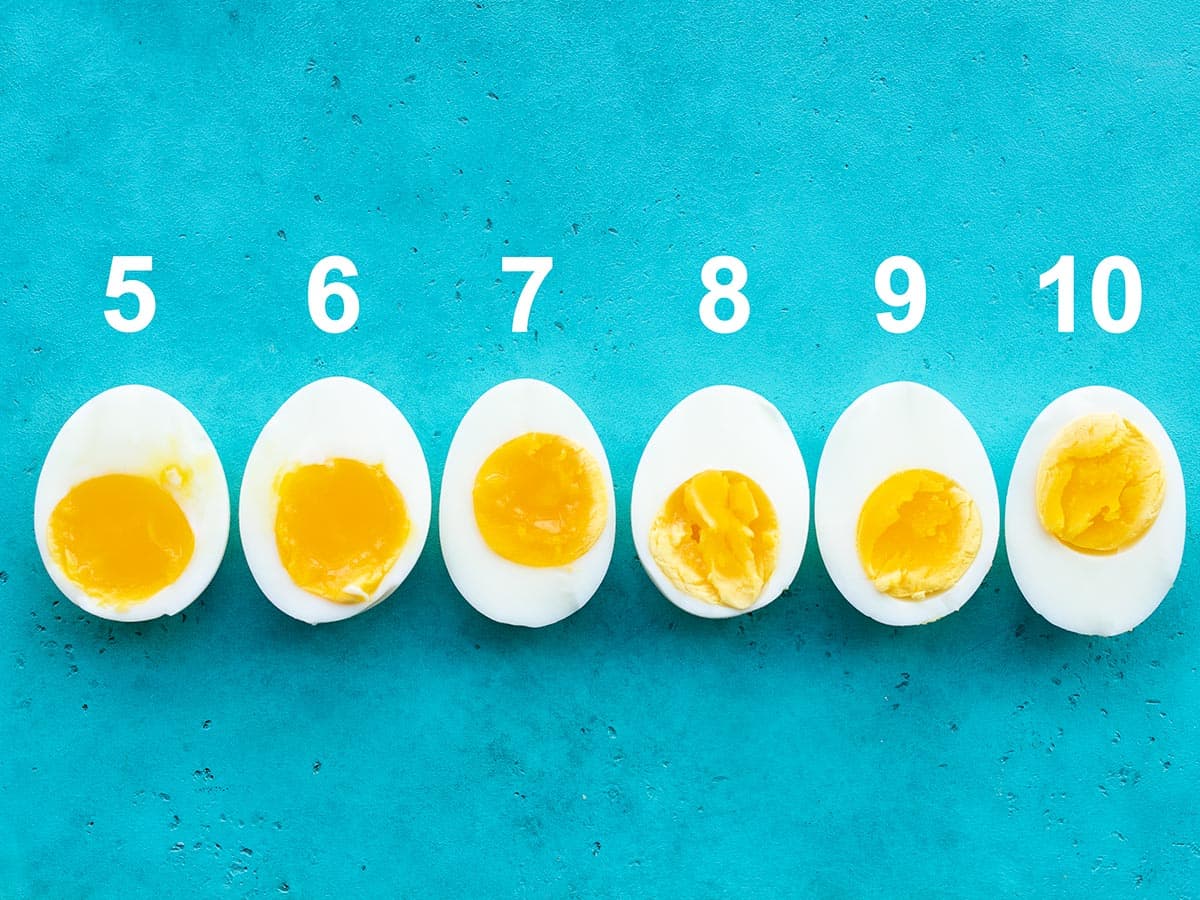
The diagram provided displays the recommended cooking times for large eggs (when starting from cold) to achieve various levels of doneness, ranging from soft-boiled to hard-boiled eggs, as well as every stage in between.
If you opt for the steaming method, you’ll discover that 12 minutes is ideal for achieving a hard boiled egg with a completely cooked yolk. However, if you prefer using a traditional water bath instead, I recommend checking out my tutorial on how to make hard boiled eggs.
How to Boil Eggs Fast
To reduce the waiting time when boiling eggs, I prefer using a combination of boiling water and steam. By adding only one inch of water to the pot, the steam is generated rapidly within a few minutes compared to the longer time it takes for a full pot of water to boil. The lid traps the steam produced by the boiling water, enveloping the egg and ensuring even and quick cooking, similar to when using a full pot of water. This efficient steaming method allows you to prepare a soft-boiled egg in just six minutes, which is approximately the same time it takes to begin brewing your coffee or toasting a slice of bread.
To learn the process of making soft or hard-boiled eggs with a full pot of water, feel free to refer to my comprehensive guide on preparing hard-boiled eggs.
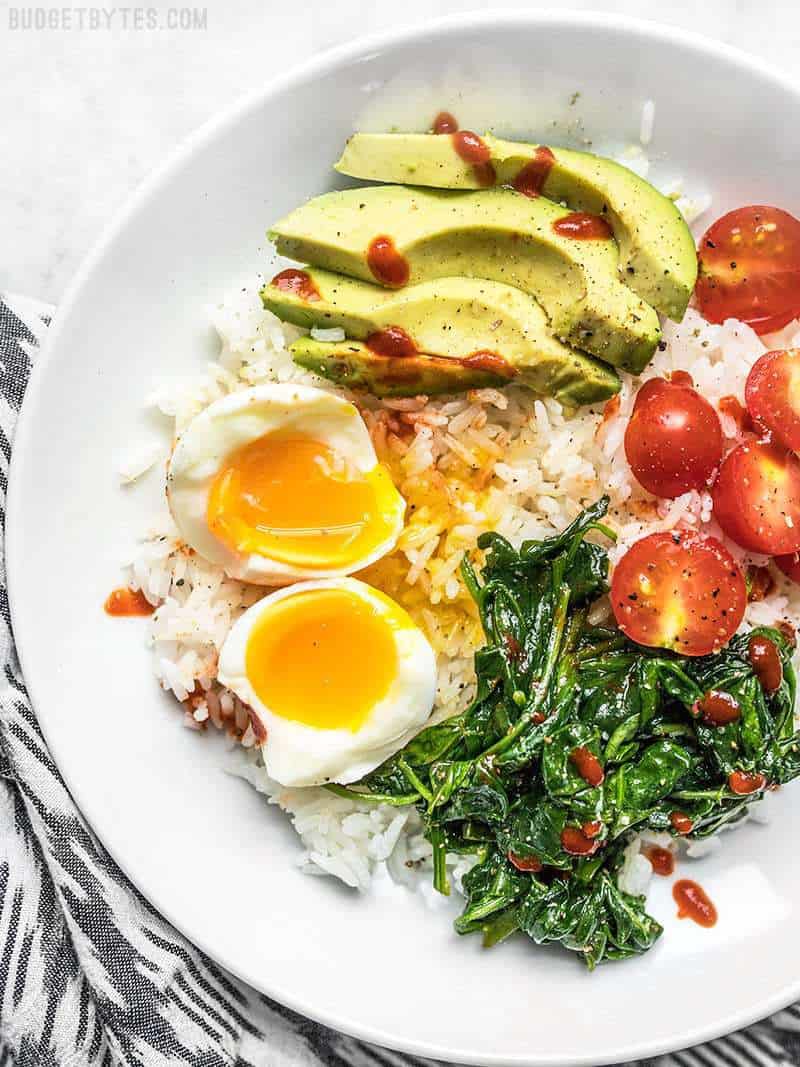
How to Make Perfect Soft Boil Eggs – Step by Step Instructions
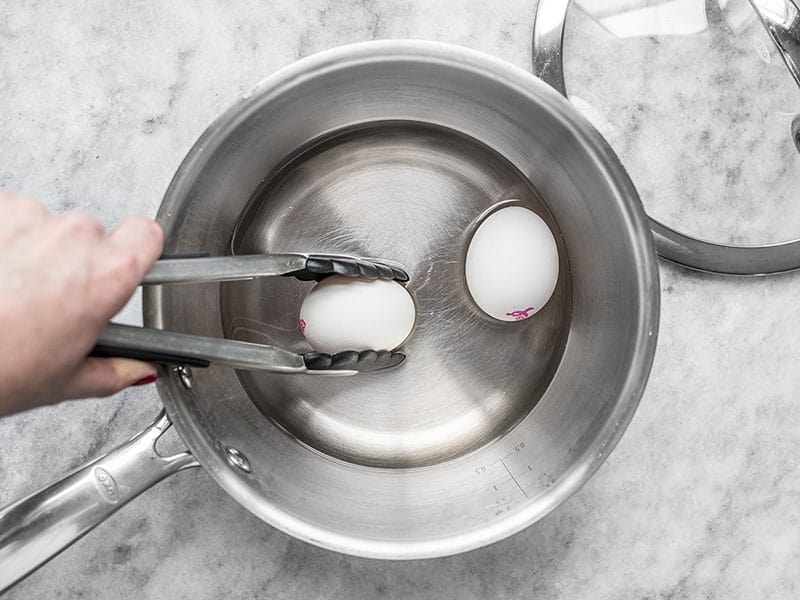
To prepare eggs, pour a single inch of water into a small sauce pot, ensuring the eggs can fit in a single layer. A pot that accommodates the number of eggs you are making should suffice. Typically, I cook one or two eggs at a time, but you can use this method for any quantity. Cover the pot with a lid and heat the water on high until it reaches a vigorous boil. Carefully lower the egg(s) into the pot using tongs or a slotted spoon to avoid burning your fingers.
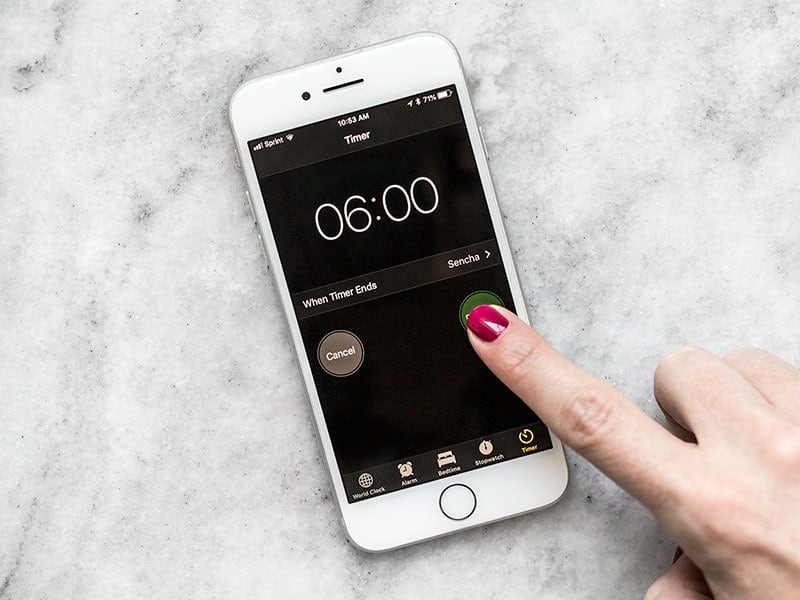
Once the egg(s) are added to the pot, place the lid back on and set a timer for six minutes. The lid traps the steam, ensuring that the eggs are evenly cooked with consistent heat, resulting in a quick and uniform cooking process.
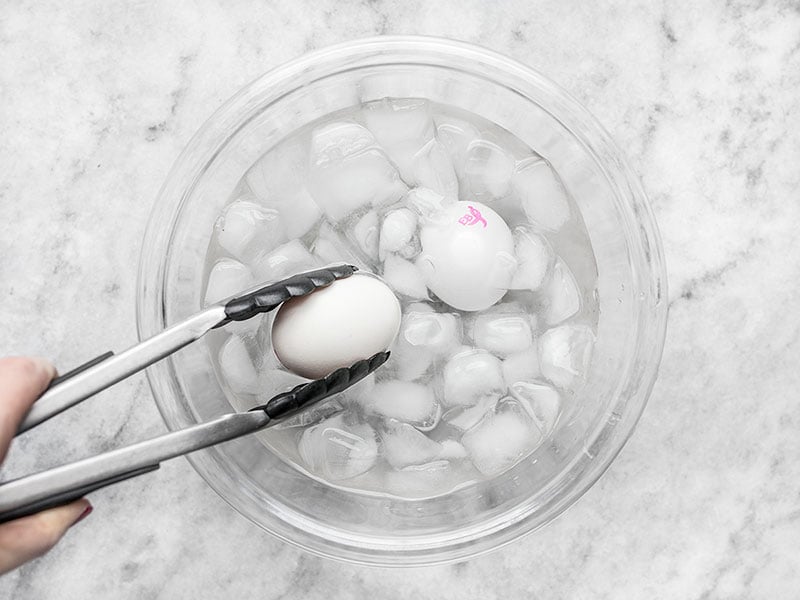
Once the timer reaches six minutes, switch off the burner and carefully move the eggs into an ice bath using tongs. Let the eggs cool until they are no longer too hot to handle, or keep them in the ice bath until you are prepared to consume them. Remember not to leave them at room temperature after steaming, as they will continue to cook from the remaining heat, resulting in further solidification of the yolks.
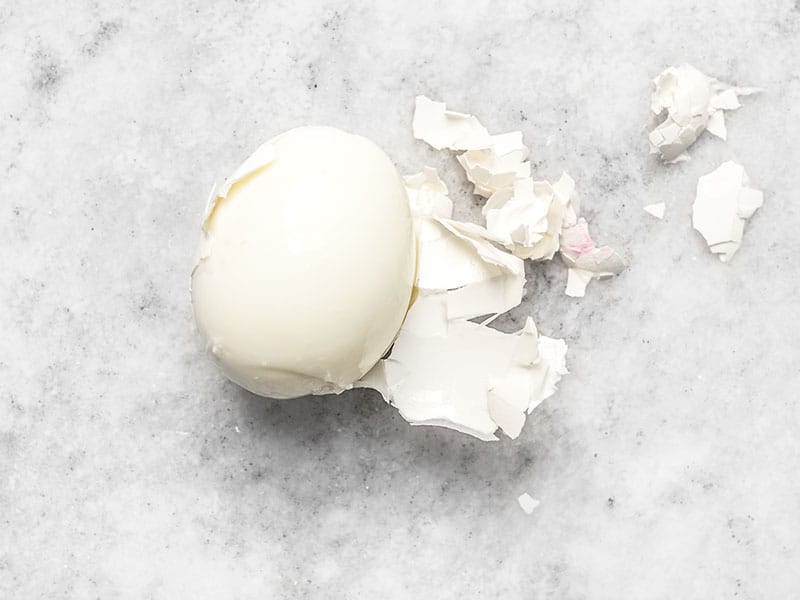
To crack the shell of the egg, tap it gently on a hard surface. Peel the shell away with care, as the inside is still in liquid form and the egg will be slightly soft and wobbly. Start peeling from the wider end, as it usually has an air bubble that creates a separation between the shell and the egg whites, making it easier to separate them. After removing the shell, rinse the egg quickly to eliminate any fragments that may be present.
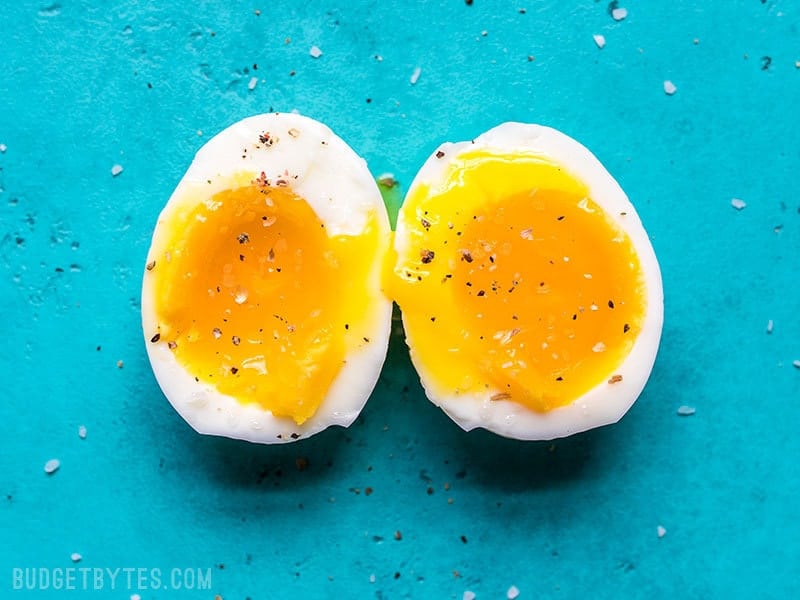
And now, the much-anticipated moment has arrived… Oh my goodness, the yolk is incredibly runny and flawless! *excited squeal* Take a closer look at these amazing results… The egg whites are fully cooked, while the yolk remains delightfully liquid. It’s absolute perfection! I feel like the luckiest person alive, as if I just won the lottery.
How Long do Soft Boiled Eggs Last?
If you have soft boiled eggs in the shell stored in the refrigerator, they can remain fresh for approximately two days. To warm up the refrigerated soft boiled eggs, simply follow the initial cooking method but reduce the cooking time by half. Fill a small saucepot with approximately an inch of water and bring it to a boil. Add the egg and allow it to steam for 3 minutes instead of the original 6 minutes.
What to Serve with Soft Boiled Eggs
Soft boiled eggs pair perfectly with a variety of dishes, prompting me to include them in almost every meal (“egg it up!”). Whether it’s noodles, rice bowls, salads, or toast, I simply can’t resist adding soft boiled eggs to enhance the flavors. With its luscious liquid golden yolk, it’s akin to drizzling a delectably indulgent sauce over your food. Here are a handful of recipes that showcase how a soft boiled egg can elevate your dining experience.
OTHER WAYS TO COOK EGGS
